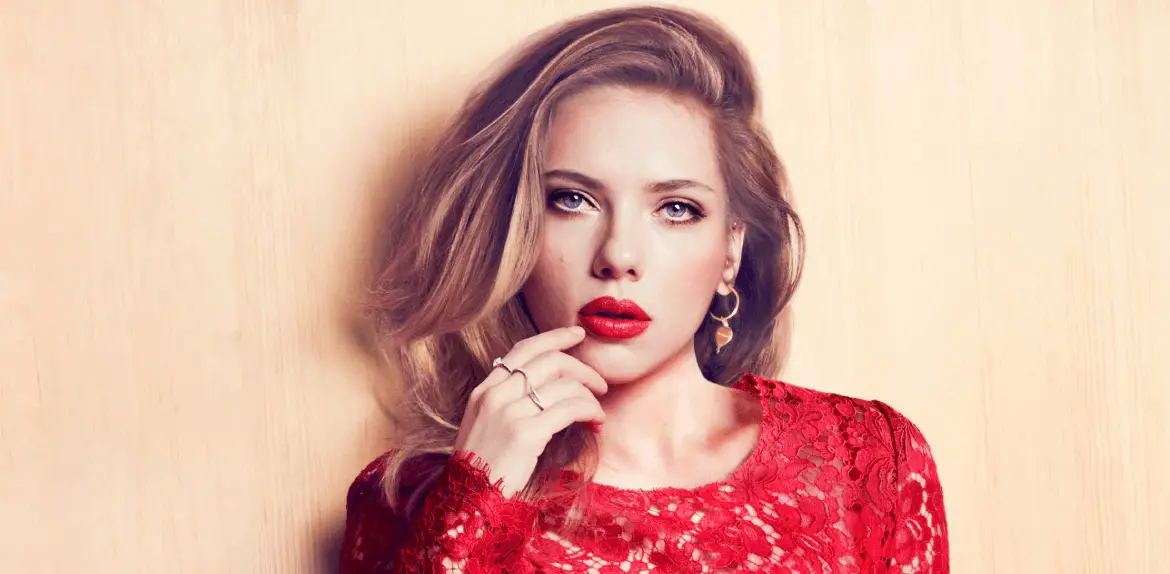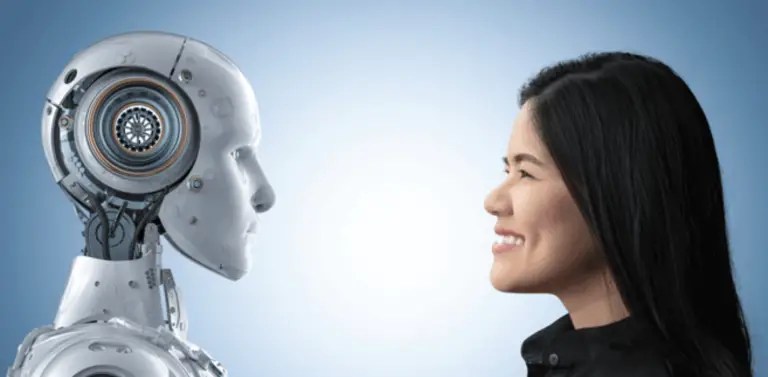
Scarlett Johansson’s dispute with OpenAI signals beginning of AI legal battles
Scarlett Johansson is shocked to find that Sky, OpenAI‘s new voice assistant, sounds a lot like her. The event starts a conversation about the morality of AI, copyright, and the need for legal protections in the entertainment business.
When OpenAI’s new voice assistant said in a launch demo this month that it was “doing great,” Scarlett Johansson was not there. The movie star said she was “shocked, angry, and in disbelief” that the new version of ChatGPT, which can respond to spoken commands, had a voice that was “eerily similar” to hers.
One of Johansson’s most famous roles was as the voice of a futuristic Siri in the movie Her (2013). For the actor, the role was a clear homage to the character. Sam Altman, the CEO of OpenAI, seemed to acknowledge the movie’s impact with a one-word post on X on the day of the launch: “her.”
Altman asked Johansson to be the voice of ChatGPT last year, but she turned him down for “personal reasons,” she said in a statement. OpenAI confirmed this in a blog post, stating that they asked her to serve as an additional voice for ChatGPT, following the selection of five other voices, including the one that scared Johansson. A few days before the May 13 launch, OpenAI said they asked her again to be a “future additional voice.”
OpenAI wrote that AI voices should not deliberately mimic a celebrity’s distinctive voice. They also stated that Sky, the new GPT-4o model, wasn’t imitating Scarlett Johansson’s voice, but rather the voice of a different professional actress “using her natural speaking voice.” There is already a tense relationship between AI and the creative industries, with authors, artists, and music publishers suing over copyright violations. But for some activists, the uproar is a sign of the tense relationship between society as a whole and a technology that could make politicians, regulators, and industries fall behind.
The president of the National Organisation for Women, Christian Nunes, spoke out against deepfakes and said that “people feel like their choice and autonomy are being taken away” by the technology. Sneha Revanur, founder of Encode Justice, a youth-led group that campaigns for AI regulation, said that the Johansson scandal showed a “collapse of trust” in AI.
This month, OpenAI wrote in another blog post that it wanted to help create a “broadly beneficial social contract for content in the AI age.” This is after dropping Sky. It also said it was making a tool called Media Manager that would let creators and content owners mark their work and choose if they want it to be used to train AI models, which “learn” from a lot of internet content. But when OpenAI talks about a “social contract,” the entertainment business wants something more concrete. The US actors’ union, Sag-Aftra, thinks this is a chance for the tech industry to learn.
Jeff Bennett, general counsel for Sag-Aftra, says, “I’m willing to bet that there are a lot of companies out there that don’t even know that there are rights in voice.” Therefore, there is a need for extensive education. We are now ready to do that strongly. Sag-Aftra members went on strike last year over several issues, including the use of AI. They demand intellectual property protection at the federal level or nationwide for the right to own someone’s image, voice, and likeness. Right away, we think it’s very important to give people federal intellectual property rights in their likeness, voice, and image. Bennett says that people who own a federal intellectual property right can ask online platforms to get rid of copies that aren’t theirs.
Sag-Aftra Backs No Fakes Act Amid Hollywood-Tech Industry Shift
To protect performers from unauthorized digital copies, Sag-Aftra supports the No Fakes Act, a bill in the US Senate that has support from both parties. Chris Mammen is a partner and IP expert at the US law firm Womble Bond Dickinson. He thinks that the relationship between Hollywood and the tech industry is changing.
He stated, “I believe technology is changing so quickly that almost every day someone comes up with a new way to use it.” We expect tensions and disagreements, but new opportunities and deals await. In her comments on May 20, Johansson said that she had hired a lawyer. It’s not clear if Johansson is thinking about going to court now that OpenAI has taken Sky down. We have contacted Johansson’s representatives for a response.
Under state law, even in California, she could make a case based on “right of publicity” claims. The right of publicity keeps other people from using someone else’s name, picture, likeness, or other identifying information without their permission. Purvi Patel Albers, a partner at the US firm Haynes Boon, stated, “Generally when someone uses their name, image, likeness, or voice to promote a business or product without their permission, it can violate their right of publicity.”
Singer Bette Midler sued Ford Motor Company in the 1980s for using a voice actress who resembled Johansson to sing in a commercial, despite not directly using Johansson’s voice. This shows that it is possible to file a lawsuit. This time, Midler won in the US Court of Appeals. Albers said, “The Midler case proves that it doesn’t have to be an exact copy to be actionable.”
Mark Humphrey, a partner at the law firm Mitchell Silberberg & Knupp, said that Johansson had “some favorable facts,” like the fact that OpenAI texted her again not long before the launch and that the post was about “her.”
“If everything OpenAI said is true and Sky didn’t mean to sound like Ms. Johansson, then why did OpenAI try to negotiate with her at the last minute?” People he spoke to, however, said Sky did not sound like Johansson, Humphrey said. “The people who do know me closely” had never compared the actor who played Sky to Johansson, she told the Washington Post. Daniel Gervais, a law professor and intellectual property expert at Vanderbilt University, informed Johansson that even if states like Tennessee recently expanded their right of publicity laws to protect people’s voices, she would face a significant challenge.
Several state laws protect speech as well as name, likeness, and image, but these laws have had a lot of problems. Aside from the First Amendment, he said, “We are fighting them on many grounds.” As generative AI gets better and more people use it, there will be more lawsuits.

